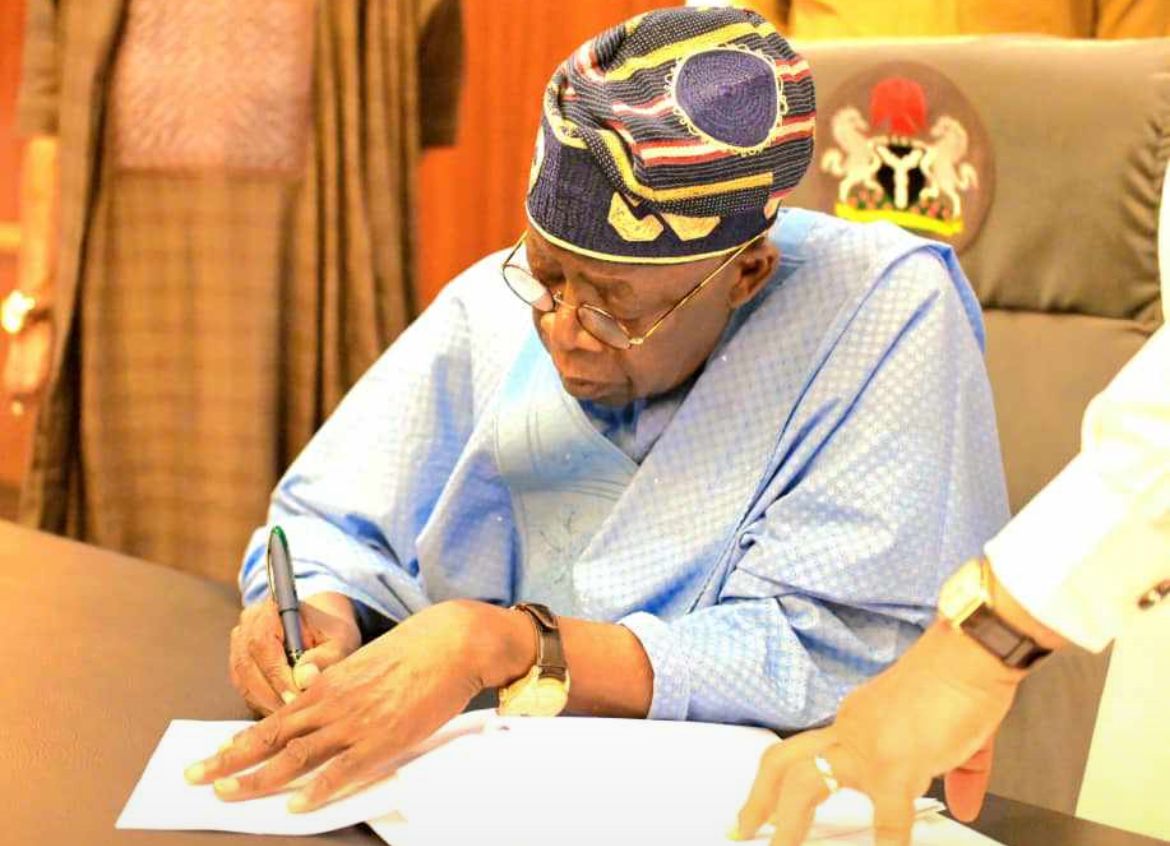National president of the Academic Staff Union of Universities (ASUU), Prof. Emmanuel Osodeke, and the national president of the Academic Staff Union of Polytechnics (ASUP), Anderson Ezeibe, have expressed their concerns over the Student Loan Bill recently signed into law by President Bola Tinubu. Read Full Story >>>

According to Dele Alake, a presidential aide, the Student Loan Bill aims at liberalizing funding of education and will also enable indigent students to access loans at interest-free rates,
Alake had said the move was in sync with standard practice globally and would ease access to education.
“This is how it’s done in other developed climes. So this is a boost to our youths and students nationwide,” Alake said.
But in a swift reaction, Osodeke described the loan bill as discriminatory between the children of the rich and the poor.
Osodeke explained that though the union is yet to take a position, he affirmed the student loans would end up encumbering the children of the poor with debt after graduating.
“This is discriminatory. If what I read online is correct, it said it is only for children whose parents earn at least N500,000 per annum. That means if your father earns more, you won’t benefit,” Osodeke said.
Similarly, Ezeibe said while the bill gives the grace of two years for the payment of loans, there is no guarantee that the student would have gained employment within the said period.
“I have not studied the bill and we don’t want to react on the surface. But I have seen one area that will not be practicable,” Ezeibe said.
“It says that students should refund the money two years after NYSC. But what is the provision for someone who is not working after NYSC? And will they all get jobs immediately after NYSC?,” he queried.
Also, the Cordinator, National Association of Nigerian Students, Zone D, Adejuwon Emmanuel, on his part faulted the repayment terms.
Emmanuel stated that though the bill is commendable, the ultimatum for repayment is not feasible.
“As we all know that there is no work anywhere and most graduates don’t get work immediately, how will they pay back? How will it work when most of our graduates do not get jobs. Is there any plan or opportunity for those that have no work two years after NYSC?,” he asked.








![Omo-Agege, Keyamo, Oyetola, Others Hustle for Ministerial Appointments [DETAILS]](https://9jahotvibes.com/wp-content/uploads/2023/06/Omo-Agege-Keyamo-Oyetola-Others-Hustle-for-Ministerial-Appointments-DETAILS.jpeg)


